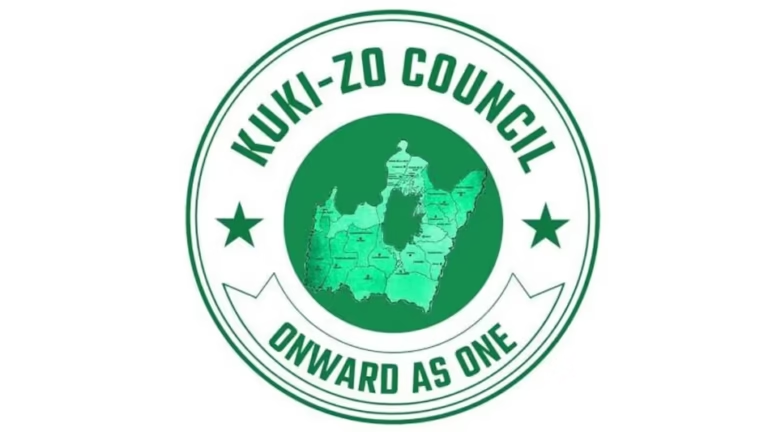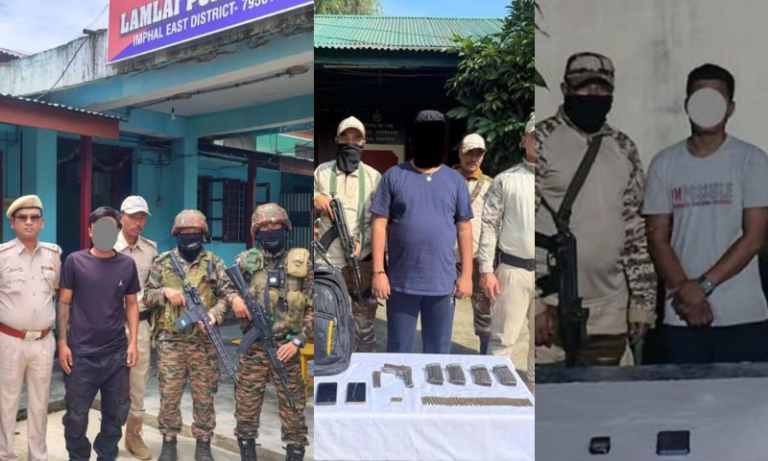Manipur’s Crackdown on Poppy Cultivation: A Step Towards Eradicating Illegal Drug Trade
Summary of the News
In a significant operation, Manipur Police, CRPF, Forest Department, and an Executive Magistrate collaborated to destroy 22 acres of illegal poppy plantations in Kangpokpi district. Targeting Kotlen and Holjang villages along IT Road, the joint effort eradicated 5 acres in Kotlen and 17 acres in Holjang. This operation highlights the state’s commitment to combating the illegal drug trade and its adverse impacts on society.
The Fight Against Poppy Cultivation in Manipur: A Comprehensive Look
Manipur, known for its scenic landscapes and rich cultural heritage, has also been plagued by the illicit cultivation of poppies. While the serene environment paints a picture of peace, the challenges faced by the state in combating illegal drug production tell a different story. Let’s dive into the efforts being made, the challenges faced, and what lies ahead in this fight.
What Makes Poppy Cultivation Such a Menace?
Poppies are not just beautiful flowers—they’re the primary source of opium, which is processed into heroin. This makes them highly sought after in the illegal drug market. Manipur’s climate and terrain are ideal for poppy cultivation, but the repercussions go beyond the drug trade.
Communities involved in illegal farming often fall prey to exploitation, while the state suffers from social instability, environmental degradation, and a tarnished reputation. The financial allure is undeniable, but the societal cost? Immense.
A Look Back: The Recent Operation
The December 2024 operation in Kangpokpi was no small feat. Law enforcement agencies worked tirelessly, navigating treacherous terrains and facing potential resistance. The destruction of 22 acres of poppy plantations is a commendable achievement, signaling the state’s unwavering commitment.
But did you know this isn’t the first major operation? Earlier in November, 12 acres of poppy cultivation were destroyed near Makhan village. These efforts form part of a larger campaign to rid Manipur of this menace.
The Role of Joint Operations
The success of such operations hinges on collaboration. In the Kangpokpi raid, Manipur Police joined hands with the CRPF, Forest Department, and magistrates to ensure a seamless and effective mission. It’s like putting together a puzzle—every piece matters. Coordination, intelligence-sharing, and resource pooling are essential to overcoming the challenges posed by poppy cultivation.
Challenges on the Ground
Ever tried climbing a steep hill in bad weather? Now imagine doing that while facing potential threats from armed groups guarding poppy fields. That’s the reality for law enforcement. Manipur’s hilly terrain complicates access, making operations risky and resource-intensive.
Then there’s the human factor. Farmers cultivating poppies are often driven by poverty, not malice. For many, it’s a desperate bid to put food on the table. This makes eradication efforts emotionally and ethically complex.
Government’s Zero-Tolerance Policy
Chief Minister N. Biren Singh has made it clear: there’s no room for poppy cultivation in Manipur. His administration has adopted a hardline approach, combining law enforcement with community outreach. FIRs are being filed, culprits are being pursued, and awareness campaigns are being rolled out. But is that enough?
The Socio-Economic Angle
Let’s talk money. Poppy farming can be lucrative, especially for small-scale farmers with few alternatives. But the long-term impact? It’s devastating. Drug addiction, crime, and community breakdown are just the tip of the iceberg. By focusing on short-term gains, these communities risk losing much more in the long run.
Environmental Consequences
Have you ever thought about the environmental impact of poppy farming? To make space for these plantations, forests are often cleared, leading to deforestation and soil erosion. Over time, this damages the ecosystem, affecting not just humans but also wildlife and agriculture.
What’s Being Done to Help Farmers?
One of the most effective ways to combat illegal cultivation is by offering alternatives. The government has been exploring programs that promote sustainable farming, horticulture, and other livelihood options. Think of it as giving someone a ladder to climb out of a hole rather than just telling them to stop digging.
Community Involvement: A Game-Changer
Let’s not underestimate the power of local communities. Grassroots initiatives, like those taken by village authorities in Makhan, play a crucial role. When communities band together to resist illegal activities, they become a powerful ally in the fight against drugs.
Future Strategies: Where Do We Go From Here?
So, what’s next? The fight against poppy cultivation requires a multi-pronged approach:
- Stronger Law Enforcement: Equip agencies with better tools, training, and resources.
- Community Engagement: Foster partnerships with local leaders and organizations.
- Alternative Livelihoods: Expand programs that offer sustainable income sources.
- Awareness Campaigns: Educate communities about the dangers of poppy farming.
- Regional Collaboration: Work with neighboring states to curb cross-border trafficking.
Why This Matters
Imagine a Manipur free of poppy cultivation. The benefits would ripple across society—stronger communities, healthier ecosystems, and a brighter future for the next generation. It’s not just about enforcing laws; it’s about building a better tomorrow.
Conclusion
Manipur’s battle against illegal poppy cultivation is far from over, but the recent operation in Kangpokpi is a step in the right direction. With the right strategies, community support, and unwavering determination, the state can overcome this challenge. Let’s hope for a future where Manipur is known for its beauty and culture—not its struggles with illegal drugs.
FAQs
- Why is poppy cultivation prevalent in Manipur?
The state’s favorable climate and terrain make it ideal for poppy farming, often driven by economic hardship. - What steps are being taken to stop poppy cultivation?
Joint operations, strict enforcement, community engagement, and alternative livelihood programs are key measures. - How does poppy cultivation affect the environment?
It leads to deforestation, soil erosion, and loss of biodiversity, harming the ecosystem. - What are the legal consequences of cultivating poppies?
Under the NDPS Act, those involved can face imprisonment, fines, and criminal charges. - How can communities help in this fight?
By reporting illegal activities, participating in awareness campaigns, and supporting alternative livelihood initiatives.


